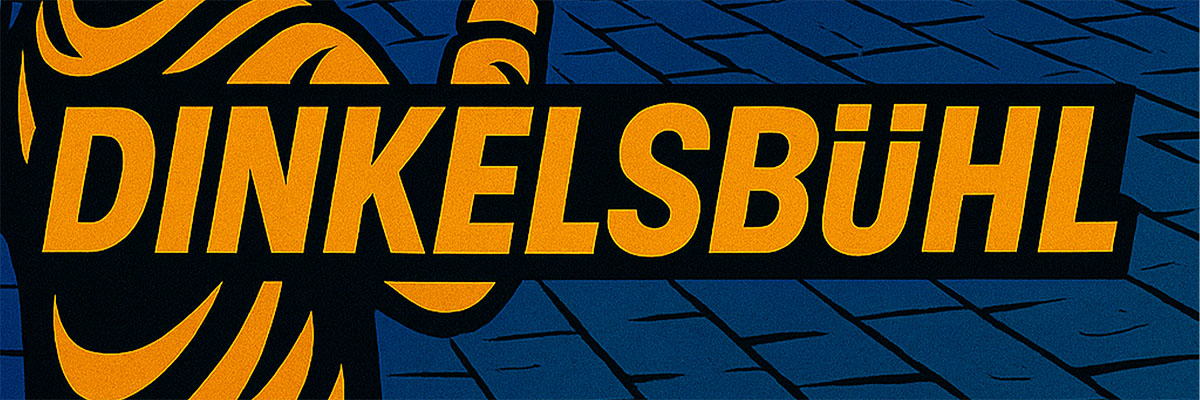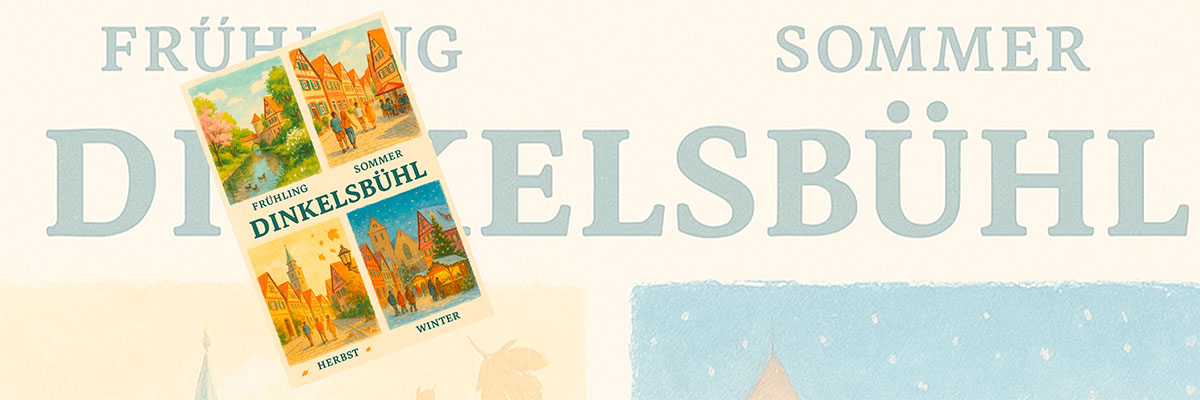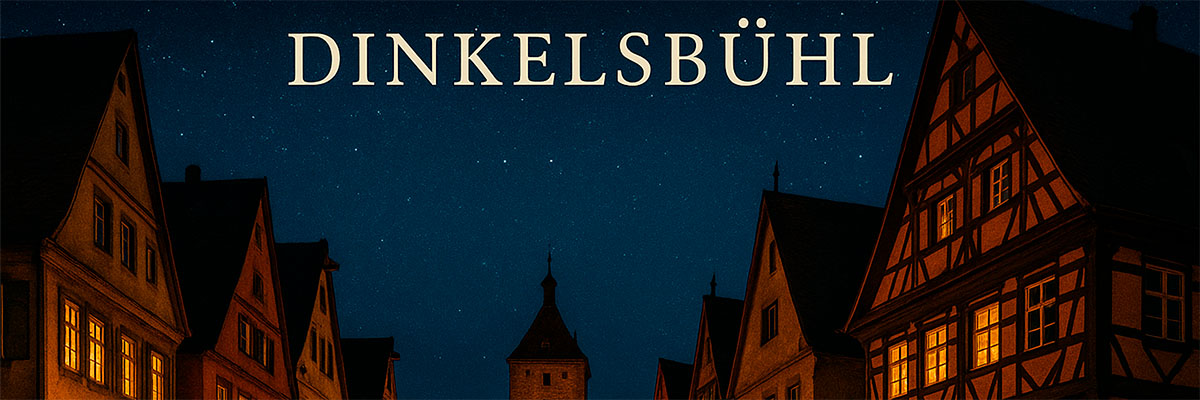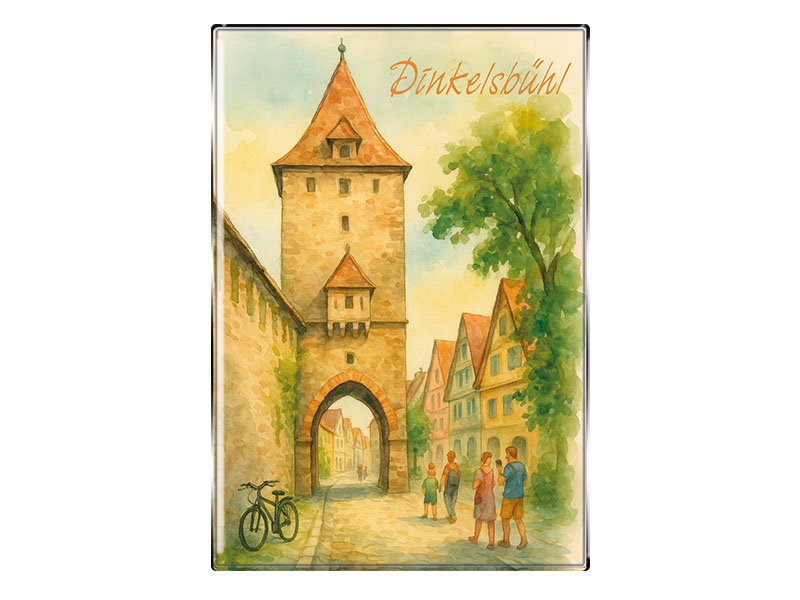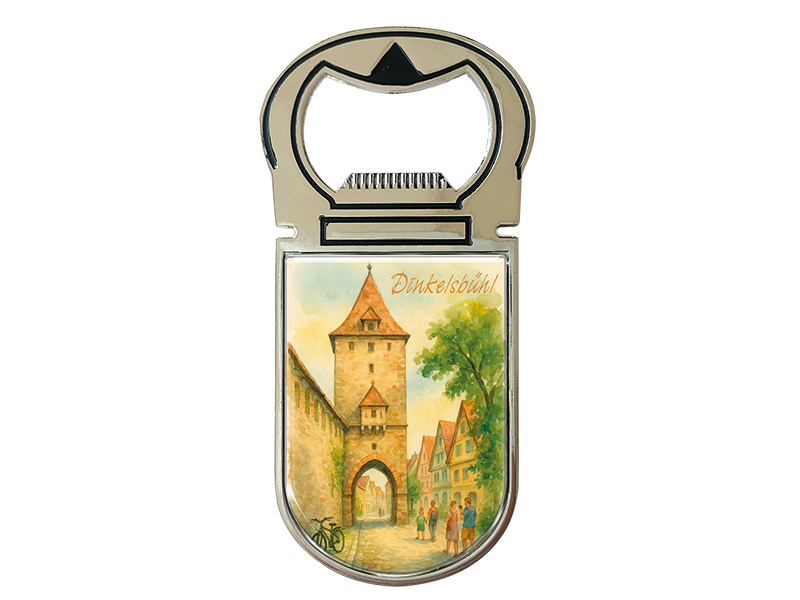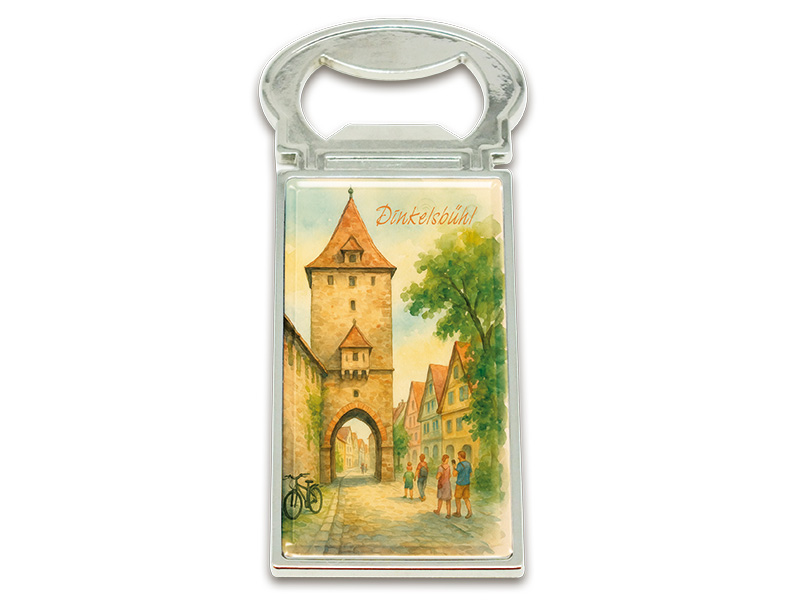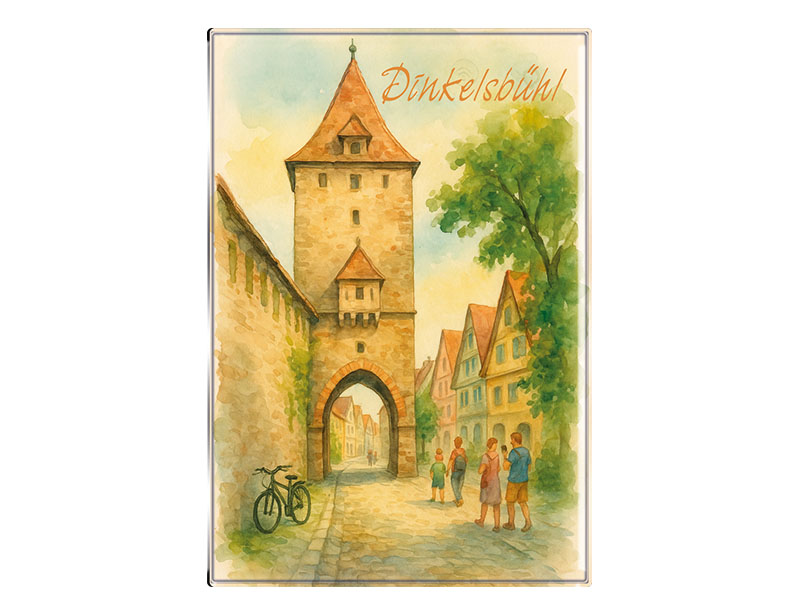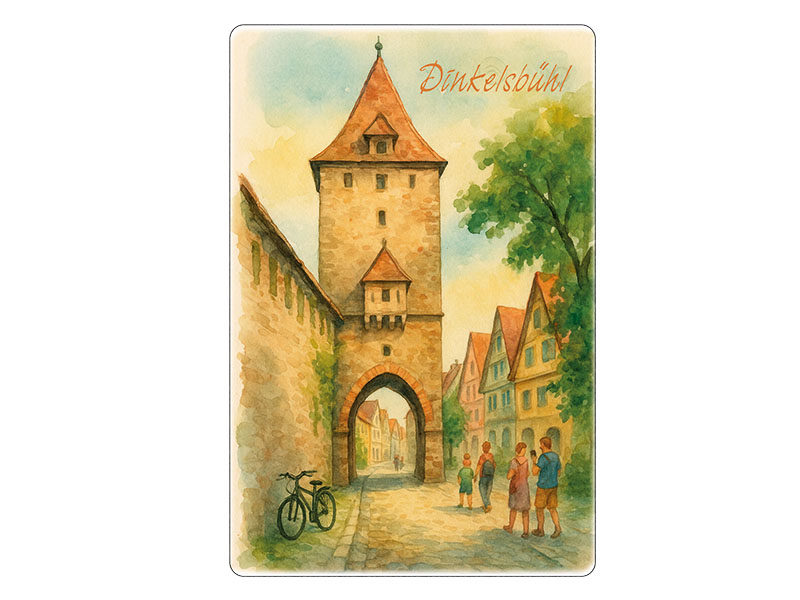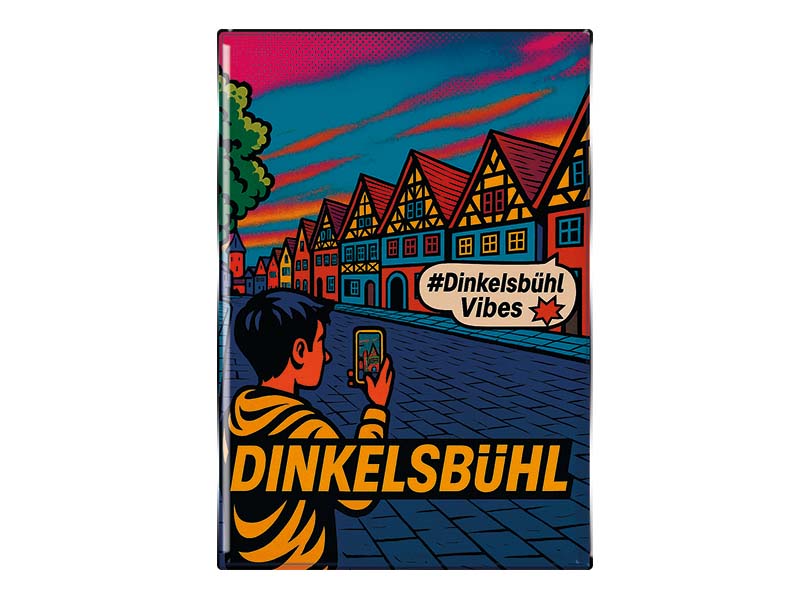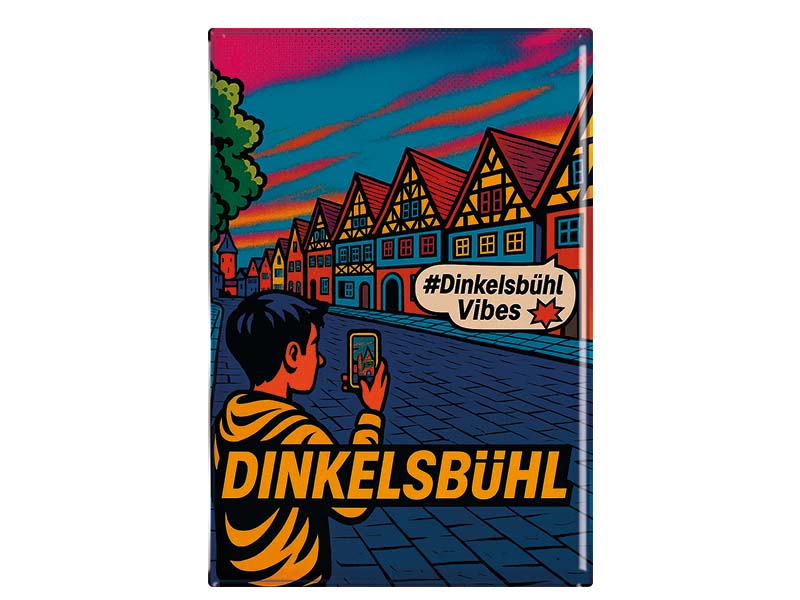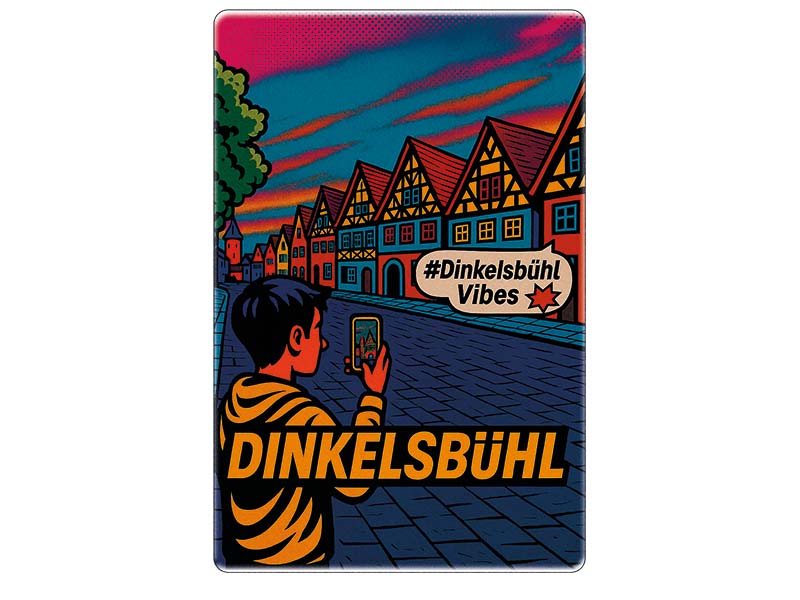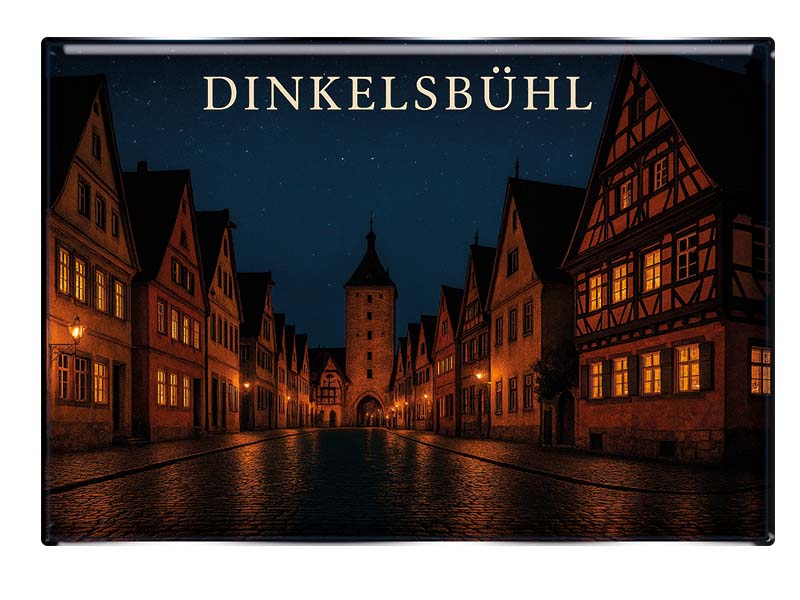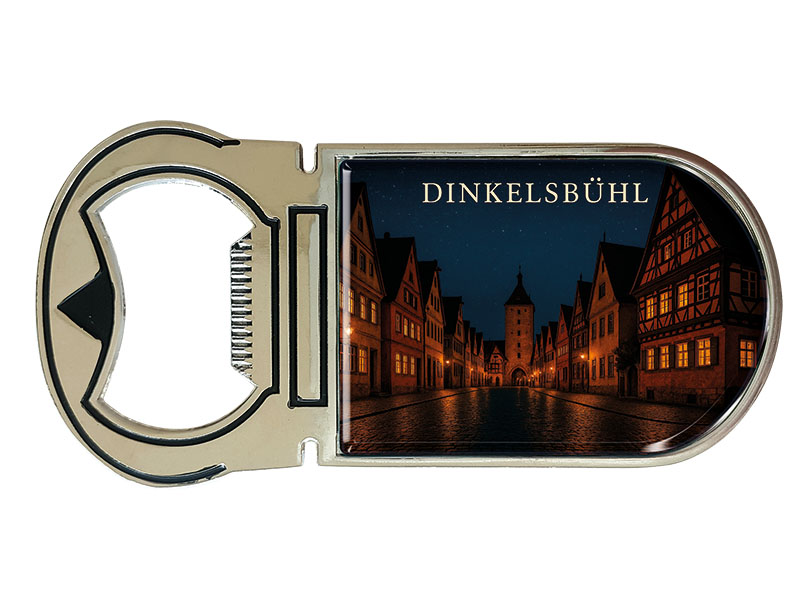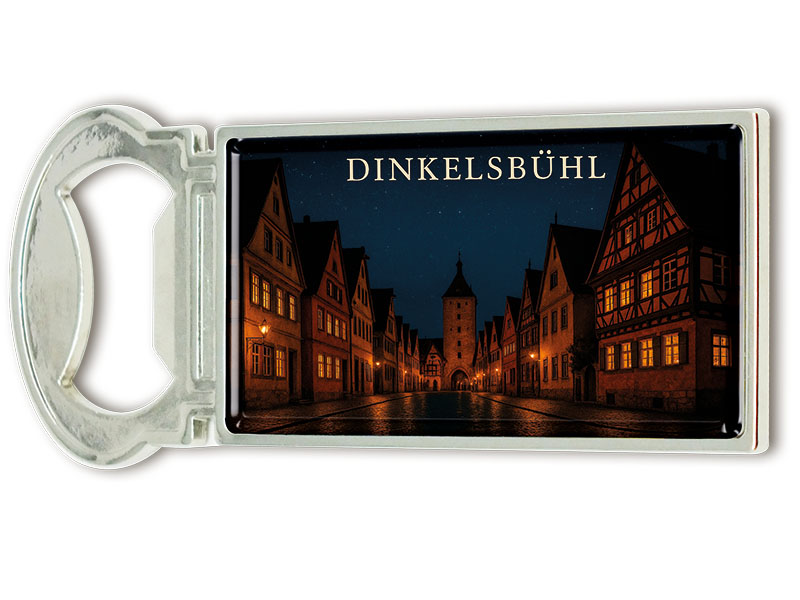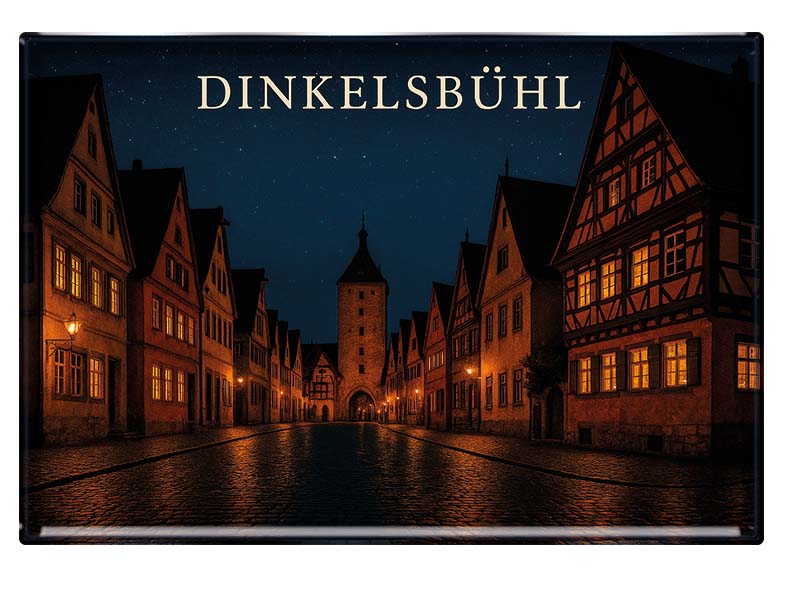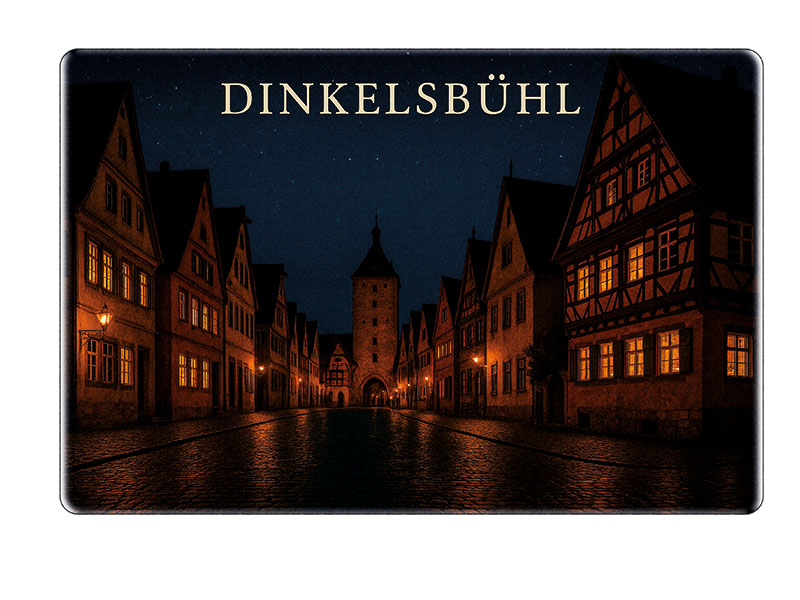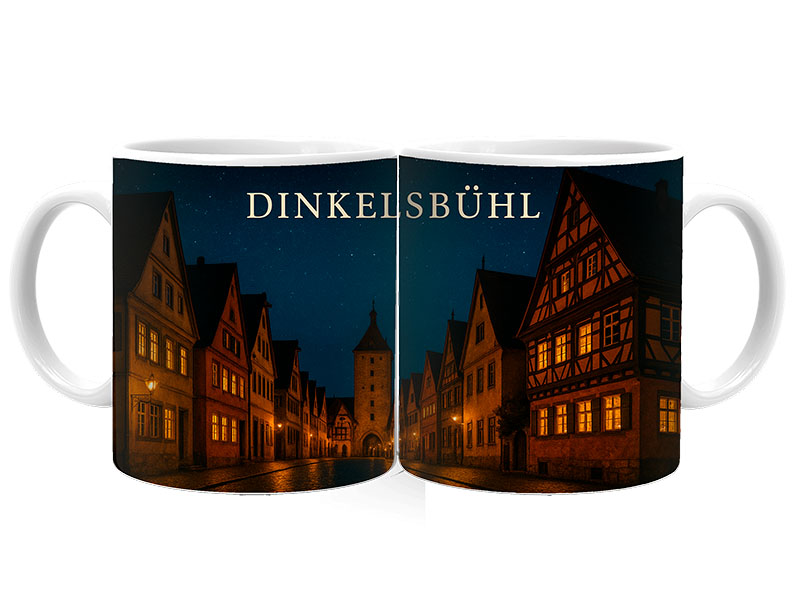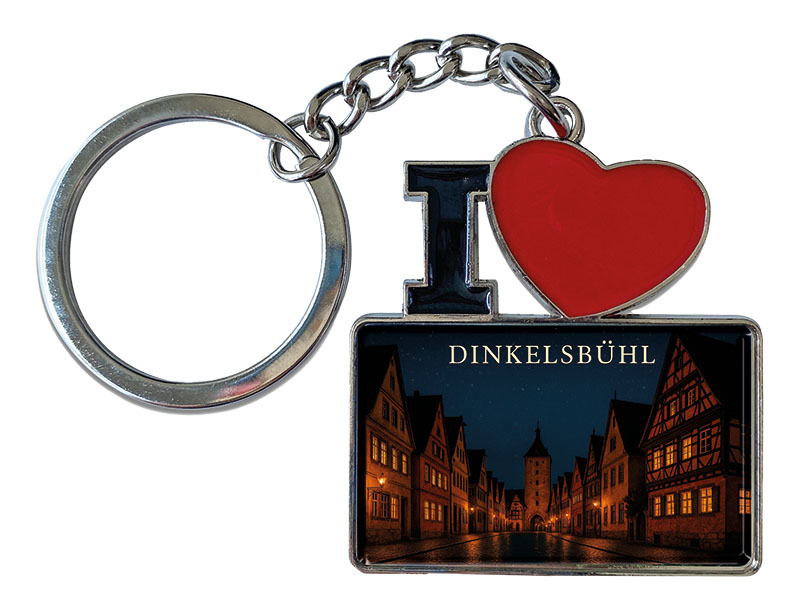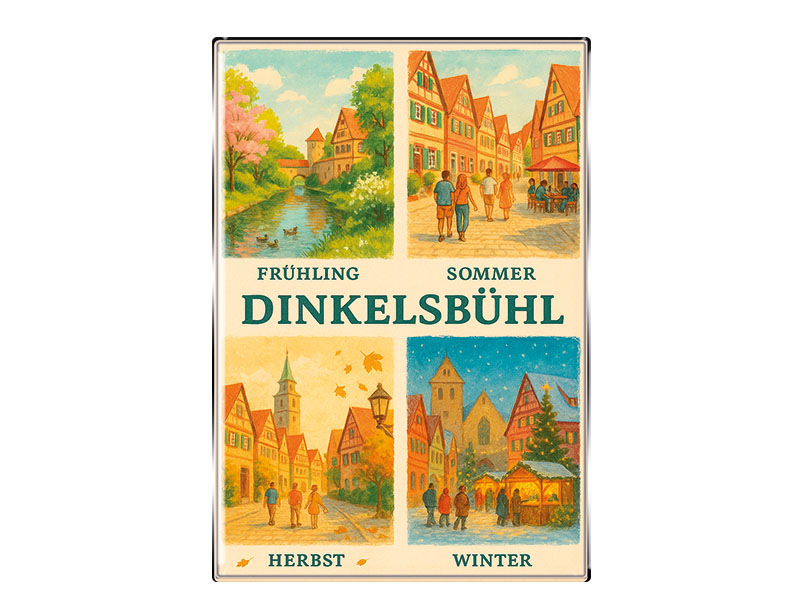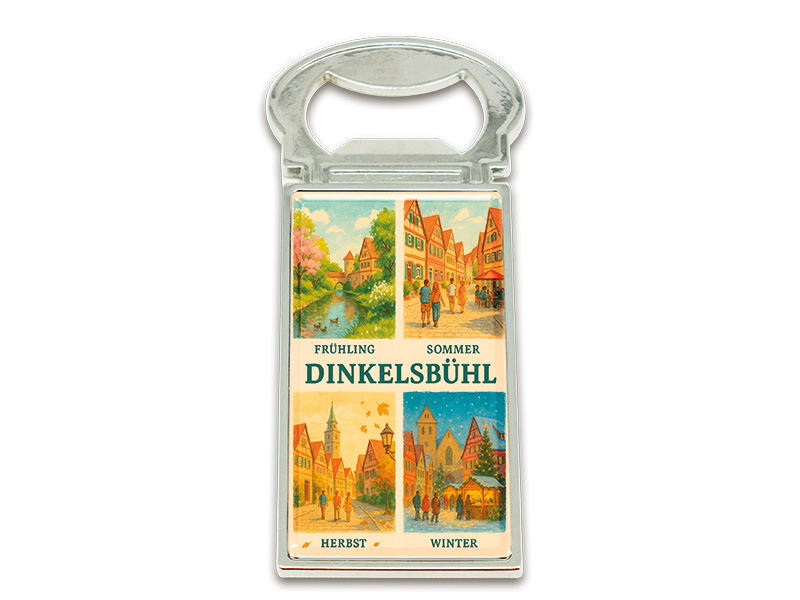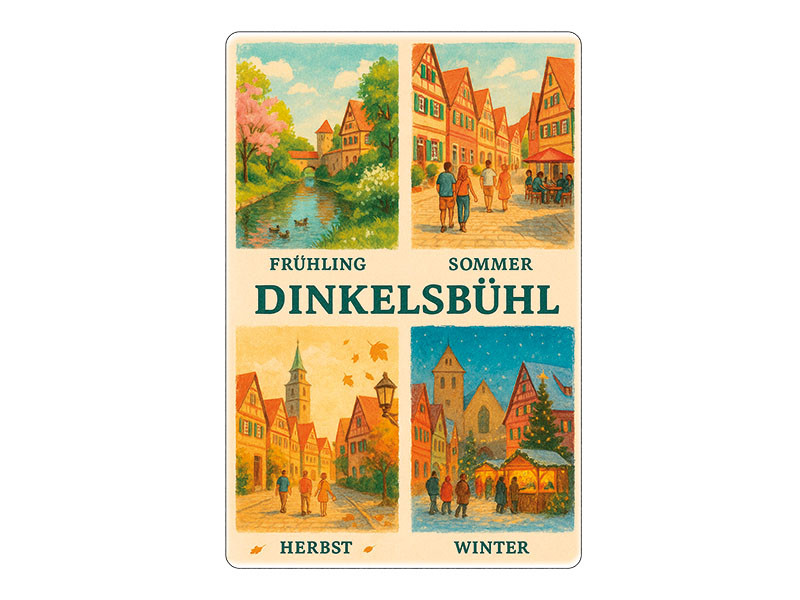- Vehicles
- Figures
- Witches
- Carnival
- Canvas
- Magnets
- Materials
- Maritime
- Hats
- New products
- Personalize
- Plush
- Dolls
- Collectible figures
- Keychain
- Special production
- %Special offers%
- Money boxes
-
Cities - Regions
- Bad Säckingen
- Bamberg
- Bayerischer Wald
- Berchtesgaden
- Berlin
- Bodensee
- Bremen
- Brocken
- Chiemsee
- Cochem
-
Dinkelsbühl
- Dresden
- Eibsee
- Frankfurt
- Freiburg
- Gardasee
- Garmisch-Partenkirchen
- Hamburg
- Harz
- Heidelberg
- Helgoland
- Insel Mainau
- Kleinwalsertal
- Koblenz
- Köln
- Königssee
- Leipzig
- Lübeck
- Mecklenburgische Seenplatte
- München
- Nürnberg
- Oberammergau
- Oberstdorf
- Rügen
- Wernigerode
- Quedlinburg
- Sylt
- Schwarzwald
- Titisee
- Passau
- Regensburg
- Rothenburg
- Traunsee
- Triberg
- Stuttgart
- Ulm
- Potsdam
- Bags/Backpacks
- Mugs
- Textile
- Animal
- Subjects
More information? sign in.
More information? sign in.
More information? sign in.
More information? sign in.
More information? sign in.
More information? sign in.
More information? sign in.
More information? sign in.
More information? sign in.
More information? sign in.
More information? sign in.
More information? sign in.
More information? sign in.
More information? sign in.
More information? sign in.
More information? sign in.
More information? sign in.
More information? sign in.
More information? sign in.
More information? sign in.
More information? sign in.
Dinkelsbühl – A Jewel in the Heart of Franconia with Rich History and Unmatched Charm
Dinkelsbühl is a medieval town located in the federal state of Bavaria, Germany. Known for its exceptionally well-preserved historic old town, vibrant culture, and fascinating history, it attracts thousands of visitors from all over the world each year. With a population of about 11,000 inhabitants, Dinkelsbühl is a peaceful yet lively town that offers a lot to explore. Situated charmingly on the banks of the Wörnitz River, it is a gem along the famous "Romantic Road," one of Germany’s most popular tourist routes.
History and Origins
The history of Dinkelsbühl dates back to the early Middle Ages. Archaeological findings indicate that the area was settled by the Alamanni people in the 6th century. The town was first officially mentioned in a document in 1030, already established as an important crossroads for trade routes.
During the Middle Ages, Dinkelsbühl grew into a Free Imperial City within the Holy Roman Empire of the German Nation. This status gave the city considerable independence and influenced its development until the early 19th century, when it became part of the Kingdom of Bavaria during territorial reorganizations.
The town’s medieval city walls, constructed in the 14th and 15th centuries, still stand almost completely intact today, offering a remarkable glimpse into Dinkelsbühl’s fortified past. Several gates, towers, and bastions form a captivating historical ensemble that transports visitors back in time.
Geographical Location and Federal State
Dinkelsbühl lies in the administrative district of Middle Franconia, in the federal state of Bavaria, southern Germany. The town is set in the picturesque valley of the Wörnitz River, a tributary of the Danube. The surrounding landscape is characterized by gentle hills, fields, and forests, ideal for hiking and cycling enthusiasts.
Its location near other famous tourist destinations such as Rothenburg ob der Tauber and Nuremberg makes Dinkelsbühl a vital part of the regional tourism network in Franconia and Bavaria.
Population and Tourism
With around 11,000 residents, Dinkelsbühl is a small town by size but punches well above its weight when it comes to tourism. Every year, approximately 300,000 to 400,000 tourists visit, with peaks during the summer months and major local festivals.
Tourism is a crucial economic pillar for the town, shaping its infrastructure and cultural life. Visitors are drawn by the town’s authentic medieval atmosphere, well-preserved architecture, and rich cultural events.
Main Attractions in Dinkelsbühl
Dinkelsbühl offers a wealth of sights, particularly from the medieval period, providing an authentic window into history.
City Walls and Gates: The fully intact town fortifications with five surviving gates are the crown jewels of Dinkelsbühl. The most famous gate, known as the Siebers- or Spital Gate, impresses with its massive construction and is a favorite photo spot.
St. George’s Church: This late Gothic hall church from the 15th century is considered one of the most beautiful churches in Franconia. Inside, visitors find precious artworks such as the famous “Dinkelsbühl Madonna” and exquisite wood carvings.
Market Square: The historic market square is surrounded by colorful Renaissance-style half-timbered houses. It serves as a lively venue for markets and cultural events throughout the year.
German House (Deutsches Haus): A stunning Renaissance building that now serves as a museum, offering insights into the town’s history and culture.
Old Town Hall: With its characteristic tower and baroque façade, it is another highlight that tells the story of Dinkelsbühl’s past.
The town also features numerous cozy cafés, small shops, and traditional craft workshops that enrich the visitor experience and enhance the historic charm.
Notable People from Dinkelsbühl
Though Dinkelsbühl is a smaller town, it has produced or been home to some notable figures. One such person is the historian and writer Georg von Dinkelsbühl, who lived in the 16th century and made significant contributions to Bavarian history through his works.
The town’s cultural events also attract artists from across Germany and beyond, many of whom have performed or lived in Dinkelsbühl at various times.
Typical Food and Drinks
Dinkelsbühl belongs to the Franconian culinary tradition, known for its hearty and traditional dishes.
Typical dishes include:
-
Schäufele: Cured and roasted pork shoulder, usually served with potato dumplings and sauerkraut.
-
Franconian Sausages: Grilled or pan-fried, often paired with sauerkraut or potato salad.
-
Blaue Zipfel: Sausages cooked in a tangy vinegar broth, a Franconian specialty.
-
Carp: Especially popular during Lent, served baked or “blue” (poached).
-
Krautwickerl: Cabbage rolls stuffed with minced meat and rice.
Drinks naturally include the wide variety of Franconian beers, brewed locally with styles ranging from light lagers to strong bock beers. The surrounding region also produces wine, with Franconian Silvaner being a typical varietal enjoyed here.
Typical Souvenirs from Dinkelsbühl
Visitors looking to take home a piece of Dinkelsbühl’s charm can find a variety of authentic souvenirs:
-
Franconian Beer and Beer Steins: Small bottles from local breweries or hand-painted beer mugs are popular keepsakes.
-
Handicrafts: Wood carvings, ceramics, and textiles crafted by regional artisans.
-
Lebkuchen and Pastries: Traditional gingerbread and other baked goods make sweet gifts.
-
Wine: Bottles of Franconian Silvaner or other local varieties.
-
Postcards and Guidebooks: Perfect for remembering the visit or learning more about the town.
Events and Cultural Life
Dinkelsbühl is culturally vibrant throughout the year. The famous Kinderzeche Festival is a historical celebration held every July, commemorating the town’s defense during the Thirty Years’ War. This festival draws thousands of visitors with colorful parades, medieval costumes, reenactments, and a rich program of events.
Throughout the year, the town hosts various markets, concerts, theatrical performances, and other cultural happenings that showcase its lively community spirit.
Conclusion
Dinkelsbühl beautifully blends history and modern life. Its impressive medieval city walls, stunning churches, and historic buildings, together with a lively cultural scene, make it a unique destination in Bavaria. Visitors experience authentic ambiance and warm Franconian hospitality, with history coming alive at every corner.
Located in the scenic landscapes of Middle Franconia and close to other famous tourist spots, Dinkelsbühl offers an extensive range of sights, culinary delights, and cultural events. It is a place that appeals both to those seeking tranquility and culture lovers alike. Anyone wanting to experience the romance and history of medieval Germany will find a lasting memory in Dinkelsbühl.

